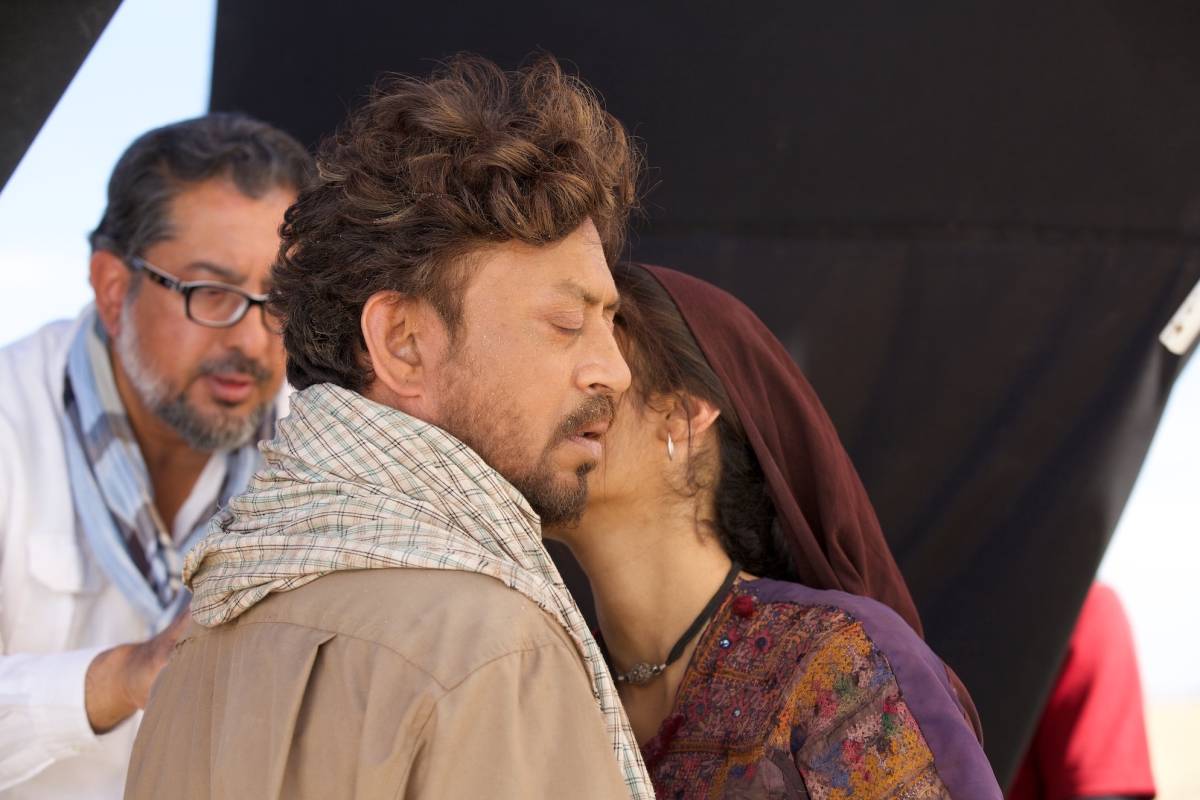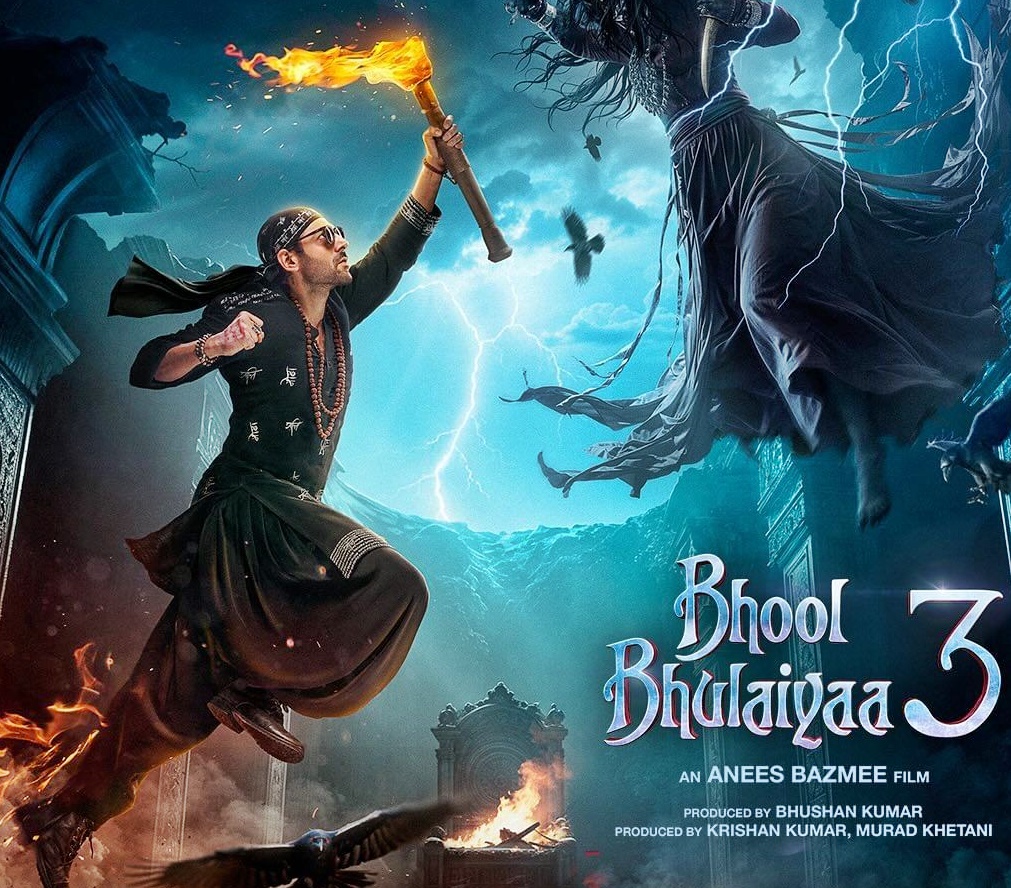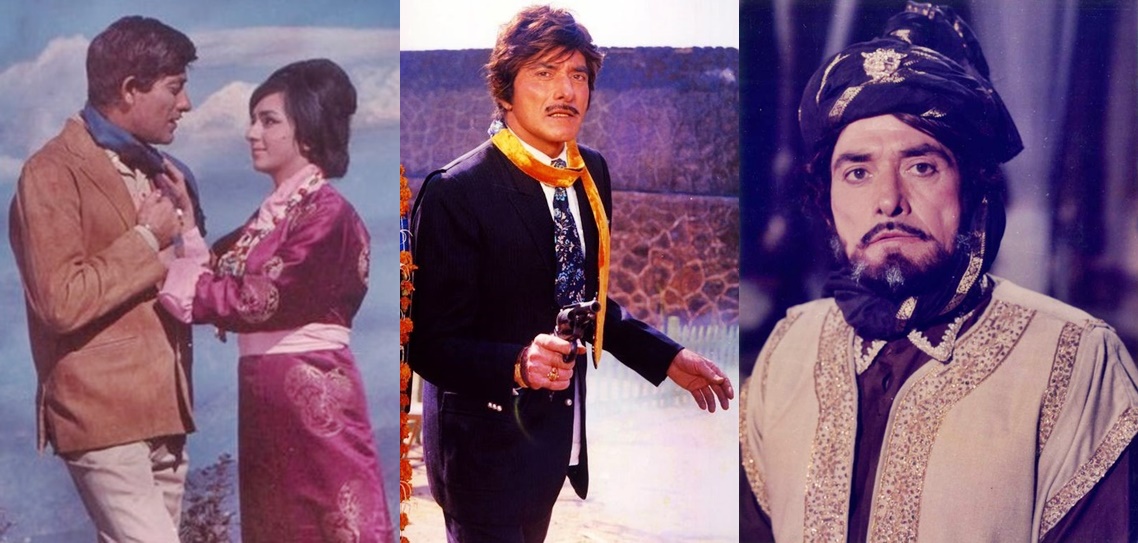The book announced recently on the actor’s 54th birthday will be officially released on February 14. Amitabh Bachchan has written the foreword…writes Sukant Deepak
It is not about their meetings, their conversations, the long rehearsal sessions. It is a love letter to what need not be said. To what can be conveyed just with a glance. It is also about friendships sans reminders about bonds, about gazing into the abyss together, drowning and allowing magic to happen — be willing partners to find otherworldly rhythms. It is about an actor who never ceases to be human, and was therefore superhuman in his craft. It is also not just about Irrfan, but also filmmaker Anup Singh, the writer — someone who observes, the one who refuses to instantly interpret but leave spaces. Someone who wants to dive into the many layers of the actor’s method, never divorcing the man from his craft or vice-versa.
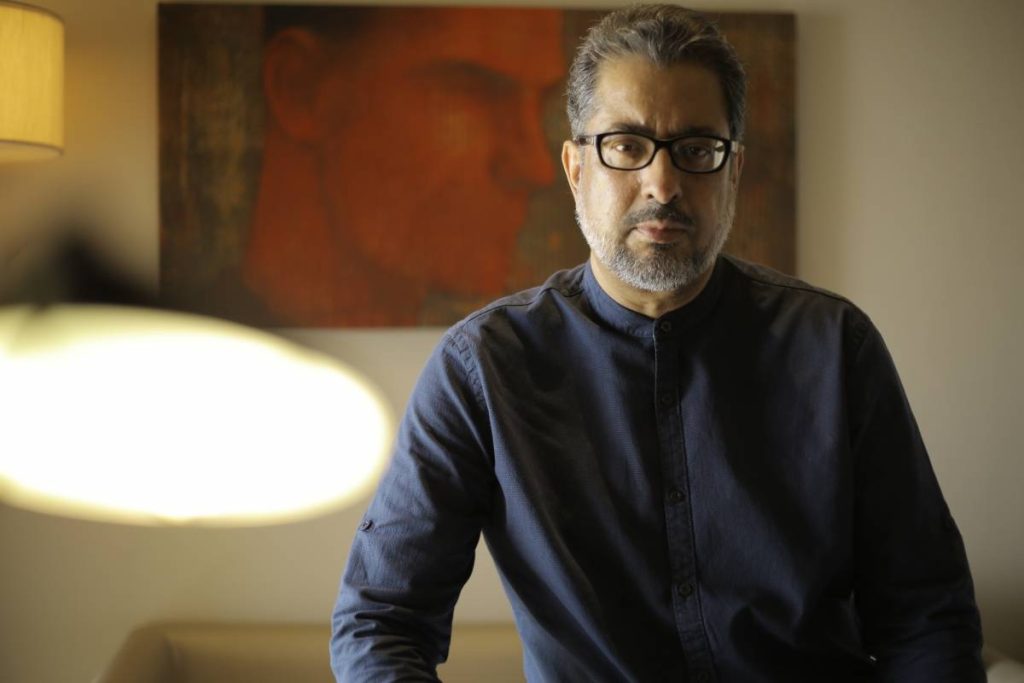
Anup Singh’s book ‘Irrfan: Dialogues with the Wind’ (Copper Coin) starts with his landing in Mumbai to meet Irrfan and cast him as the protagonist in the critically acclaimed film ‘Qissa’. But then, that is just the start. A lot happens between Singh casting him for ‘Qissa’ and ‘The Song of the Scorpions’.
Irrfan would always startle the filmmaker by returning to some vague conversation that they might have had months ago. The late actor would sometimes think anew about whatever they had been discussing and would excitedly begin the conversation again as though there had never been all these months in between. “And, then, his phone calls. At all times of day or night. He wanted to share a piece of music or a line in a poem or had thought of a new way of doing a scene. I miss those calls unbearably. And his voice as he said, ‘Anup sahib, why are you still awake? Anyway, yeh aap suniye…’,” the filmmaker tells from Switzerland.
The book announced recently on the actor’s 54th birthday will be officially released on February 14. Amitabh Bachchan has written the foreward.
The filmmaker says while writing it, he allowed every moment between them to unfold to its fullest. Adding that his attempt in the book has not been simply to give flesh and bone to memories, but just as importantly to evoke the spirit, the vigorous aeration of life that was Irrfan’s. “At no point did I feel that Irrfan might not want to share this or that. Quite the opposite, actually.”
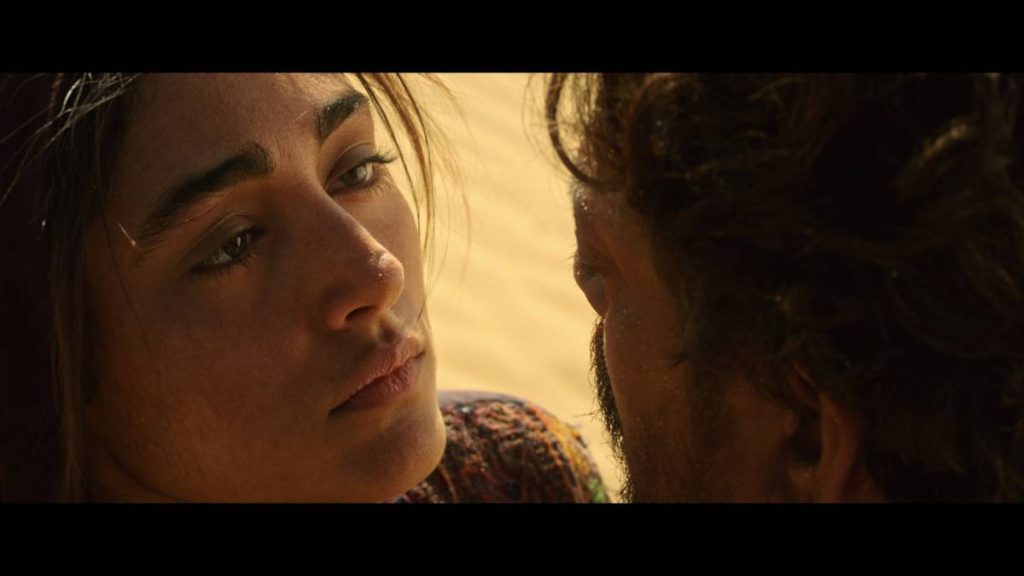
Stressing that one of the joys of working with Irrfan, of spending time with him, was the thrill of never really knowing what his exuberant curiosity might be tinkering and playing with on any particular day, he adds that he could start with a gesture and wonder about the bone and muscle, and flare of nerves that are only some of the elements that drive that gesture. “And soon, he might be mulling about the force and gentleness of gestures suggested in the ‘Tibetan Book of the Dead’ as the soul makes its journey to a new state of being.”
Singh recalls that at one moment while writing, he suddenly realised that he seemed to be writing an elegy, a lament, as it was grief that was shaping his memories. But he stopped immediately. While melancholy, even desolation on occasion took possession of Irrfan near the end, he would still compel himself to keep his imagination alive, to keep fantasizing, to keep his faith in possibilities as long as he was breathing.
“I told myself to keep that in mind. Keep in mind that while working together, both Irrfan and I understood that it was necessary to be relentlessly on our guard against emotional responses that only hold half-truths. Emotions that lock us into but just one aspect of our experience,” Singh says.
Reminding himself of Irrfan’s belief that the rhythm with which one walks or raises one’s head or lets it sink, links us to the larger rhythms of our world, that attention to the breath and pulse of our being helps us to shape for ourselves the inchoate experience of our community as well as the rest of humanity, Singh realised that he needed to nuance his sense of loss by not forgetting the lively, expansive aspect of Irrfan: his exhilaration in life.
“With that vital, zestful rhythm thrumming within me now, I could return to writing what for me is a more comprehensive portrait of Irrfan. At the end of reading the book, I hope the reader will carry a little bit of this lilt into their lives too,” he adds.
At many places in the book, it is evident that Singh wants the actor to get into a certain rhythm and tone of the lead character in ‘Qissa’. However, he says that ‘drowning’ himself in a character would not have been Irrfan’s way. “For him, a rhythm was made not of what there is – for example, words – but of pauses, hesitation, the uncertainty between the words. And, for me, that’s what makes his play in Qissa so exquisite.
At one moment you think he’s full of malignance and the very next you see a fragile, vulnerable man. With this kind of performance, you don’t get a ‘character’. What you get is an alive, vibrant spirit, seeking to find his ‘character’ but, instead, constantly finding a new aspect of himself. Such a performance is as much a surprise for the audience as it’s for the actor. What emerges, I believe, is a human being. Someone eternally changing, someone always a mystery.”
Even though at one-point Irrfan refused to be part of ‘Qissa’. Singh says he cannot imagine the film with anyone else.
For both the film they worked on, the attempt was to rehearse hard, and improvisation then was not simply doing what felt right at the moment. “It meant we could choose to make that moment wrong because we could imagine how it would change a performance, a story, a film when we finally hit the right note sometimes much later in the process,” the filmmaker says.
Singh says that once he started jotting down just about everything that he remembered, the pain of his loss lessened. “It was as though we were working together again. It was only much later, that I started putting all these memory notes into some kind of structure, which is finally how the book took its shape.”
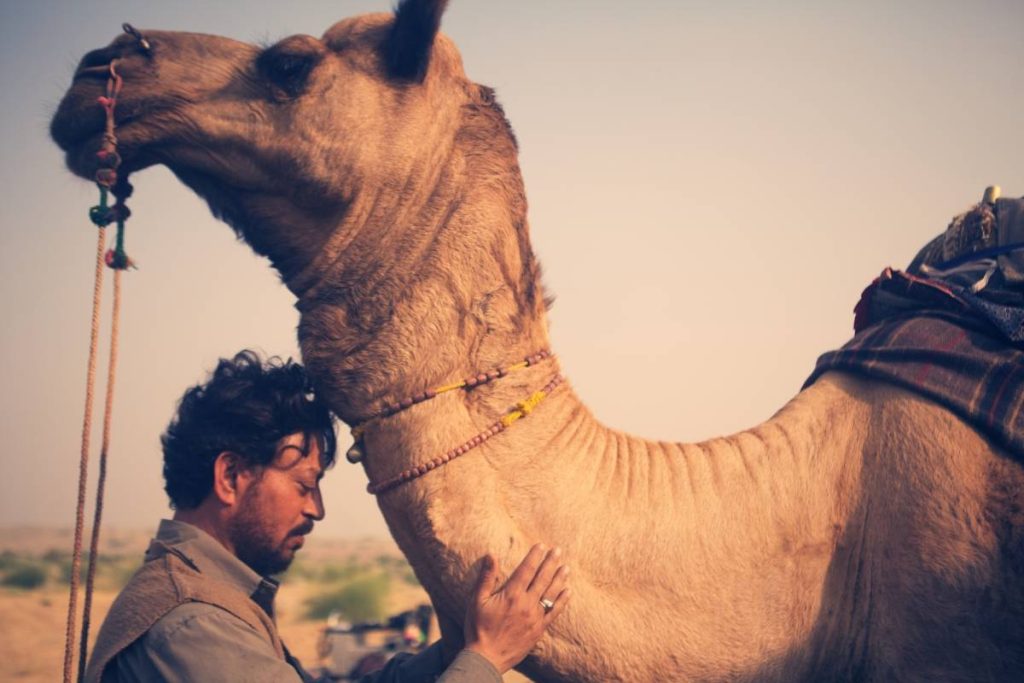
Ask him if the book gave him a ‘closure’, and he feels that the word is paradoxical. “Of course, the writing of the book has made me accept that Irrfan and I will no longer make any new films together. But that acceptance has also, in some strange way, fired my imagination. I have already completed one script after his death. This one was to be our next film. I wrote it quickly, feverishly, because in the writing I could see how he might turn at the doorway or how he might hold and then release a certain dialogue. While writing it, I felt we were working together again. I have now started writing another one. Again, this is based on a story we had discussed ardently. Irrfan and I are hard at work together again! What will happen with these scripts? Well, I await an actor whose one gesture will not remind me of Irrfan, but give me a sense that this is that one gesture that would have filled Irrfan with joy.”
ALSO READ-Setback hasn’t deterred Ritu from chasing her dreams
